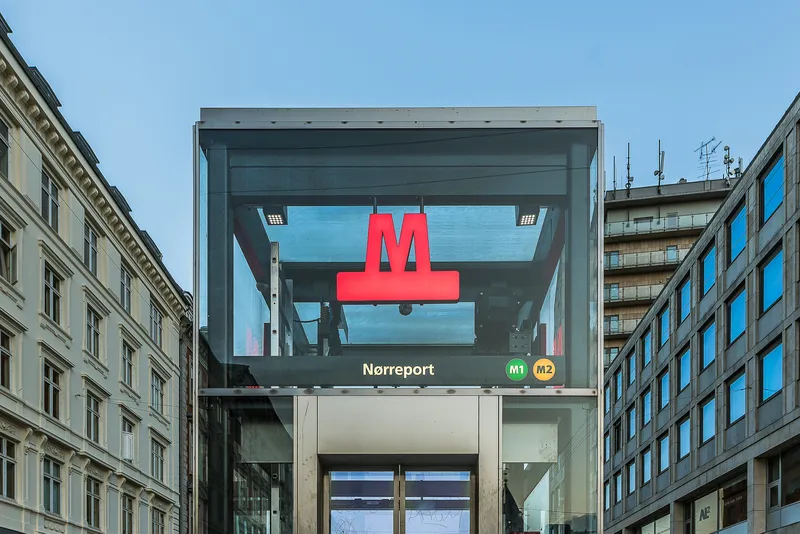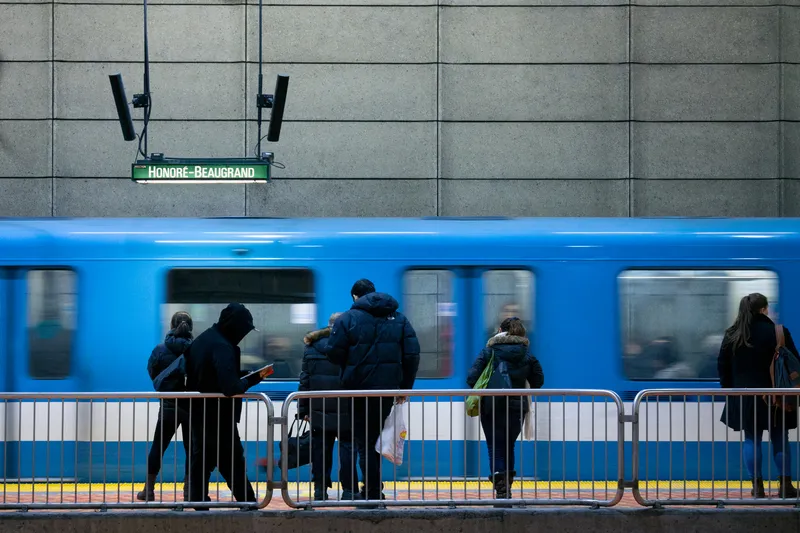
Swiss ticketing specialist Fairtiq has been chosen as a preferred software provider for digitalisation of the existing payment systems for Danish public transport.
As one of four suppliers to Danish Rejsekort & Rejseplan, the Swiss company says it will be allowed to participate in tenders - worth €67m in total - concerning software solutions for the future ticketing system in Denmark over the next eight years.
Before boarding a train, tram or bus, passengers swipe the app-based check-in/check-out solution. This means they have a valid ticket for the entire public transport network. When they arrive at their destination, they swipe again. The app uses location services to register the route travelled and calculates the correct fare.
"The new framework agreement proves once again how strongly Fairtiq is positioned when it comes to digitalising public transport ticketing and making it easier for everyone," says Gian-Mattia Schucan, founder and co-CEO.
Fairtiq's ticketing app and technology is already used across the entire public transport system in Switzerland and Liechtenstein, as well as in parts of Germany, Austria and France.
Swiss Federal Railways (SBB) uses the technology operated by Fairtiq in its own app, EasyRide, and Austrian Federal Railways (ÖBB) also uses Fairtiq technology in its app.










